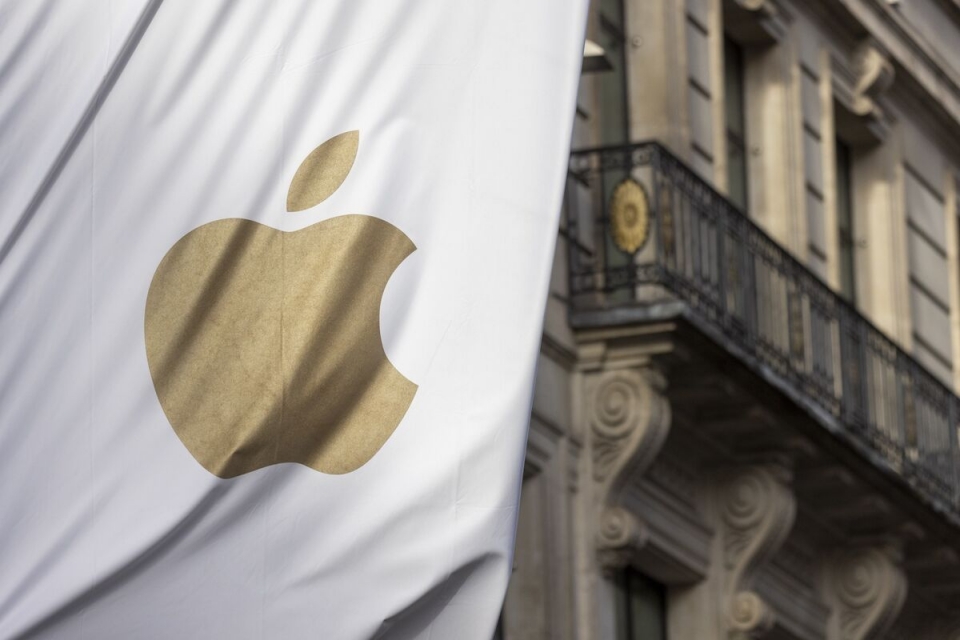
The ongoing legal battle between the Federal Trade Commission (FTC) and Meta Platforms Inc., the parent company of Facebook, Instagram, and WhatsApp, is poised to intensify as a trial date has been set for April 14, 2024. This pivotal case aims to determine whether Meta should be compelled to divest certain assets to foster competition in the tech industry, a move that could reshape the landscape of social media and digital advertising.
This trial unfolds against the backdrop of increasing scrutiny on major technology firms amid rising concerns over monopolistic practices and data privacy. The FTC has argued that Meta's acquisitions, particularly the high-profile purchases of Instagram in 2012 and WhatsApp in 2014, are anti-competitive actions that have significantly hindered market competition. The agency contends that these acquisitions have allowed Meta to dominate social media platforms, stifling innovation and limiting choices for consumers.
In response, Meta has maintained that the FTC's challenge is not only unfounded but also indicative of a broader misunderstanding of how competition operates within the tech space. The company argues that it faces fierce competition from emerging platforms such as TikTok, Snapchat, and others that continually vie for consumer attention and advertising revenue. Meta's defense is rooted in the belief that the dynamic nature of the tech market requires a flexible approach to acquisitions and growth strategies.
The forthcoming trial will provide a platform for both the FTC to assert its arguments about market dominance and competitive practices, and for Meta to defend its position as a key player in the evolving digital landscape. Legal analysts suggest that this case could set a precedent for how regulators deal with tech companies, potentially impacting future mergers and acquisitions across the industry.
As the trial date approaches, both parties are expected to ramp up their legal strategies. The FTC has a vested interest in establishing a robust case that not only seeks to break up Meta but also reinforces the government’s authority to regulate big tech more vigorously. Meanwhile, Meta is likely to leverage its considerable resources to mount a strong defense, emphasizing its contributions to innovation and consumer choice.
The implications of this trial extend beyond Meta and the FTC; a ruling in favor of the FTC could spur further investigations into other tech giants, instigating a wave of regulatory changes aimed at curbing monopoly power in the sector. Conversely, a favorable outcome for Meta could embolden other companies in similar positions, potentially leading to an even more relaxed regulatory environment concerning tech mergers.
As the legal showdown looms, stakeholders from various sectors are keenly observing the developments. Industry experts, investors, and consumers alike are interested in the ramifications of the court's decision on the competitive landscape of technology and digital communications.
In summary, the April trial between the FTC and Meta represents a critical moment in the ongoing dialogue about antitrust regulations in the technology sector. With both sides prepared to present detailed arguments, the outcome could reverberate through the industry for years to come.
#FTCvMeta #Antitrust #TechTrial #MetaPlatforms #SocialMediaRegulation #DigitalMonopoly
Author: John Miller




